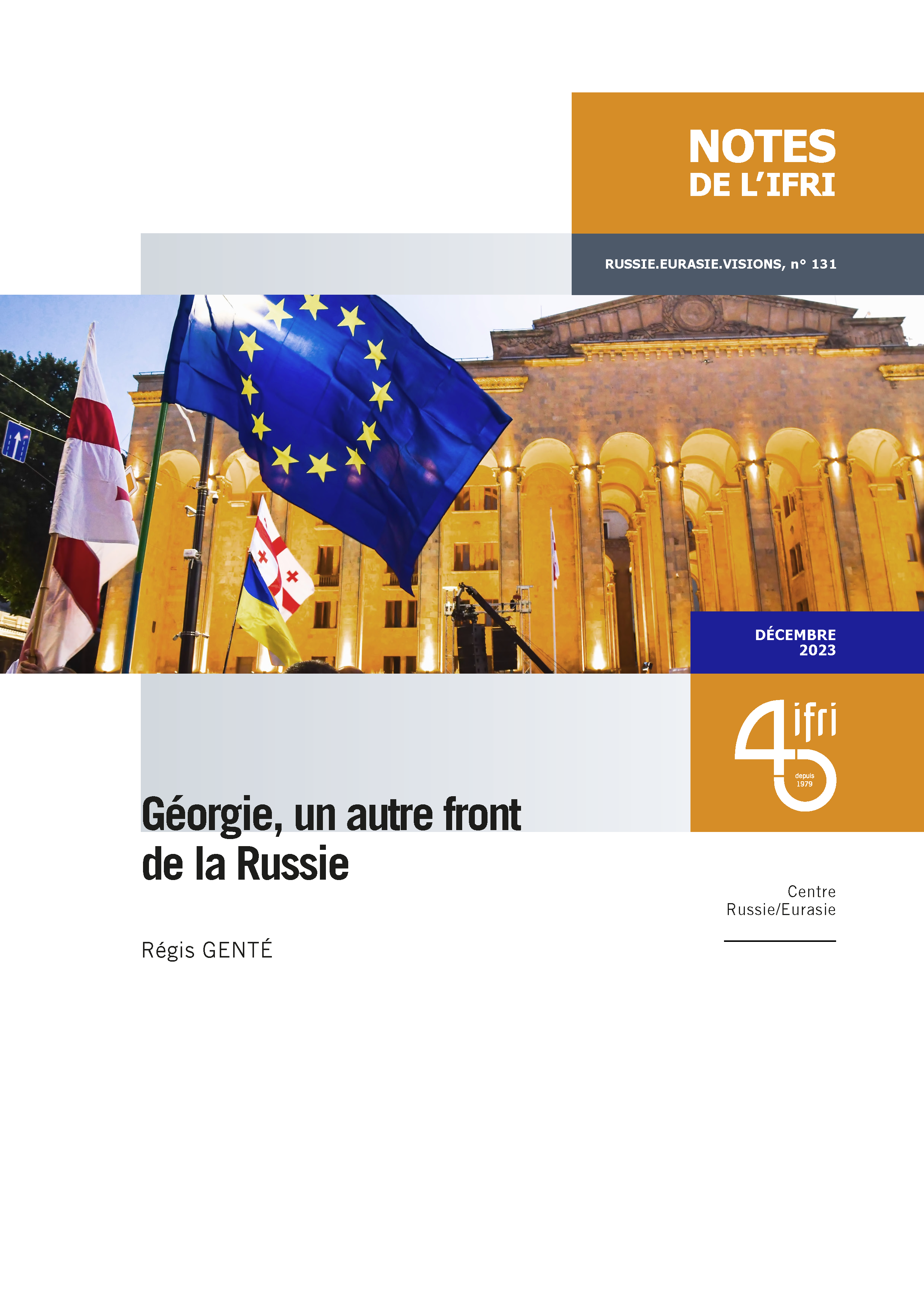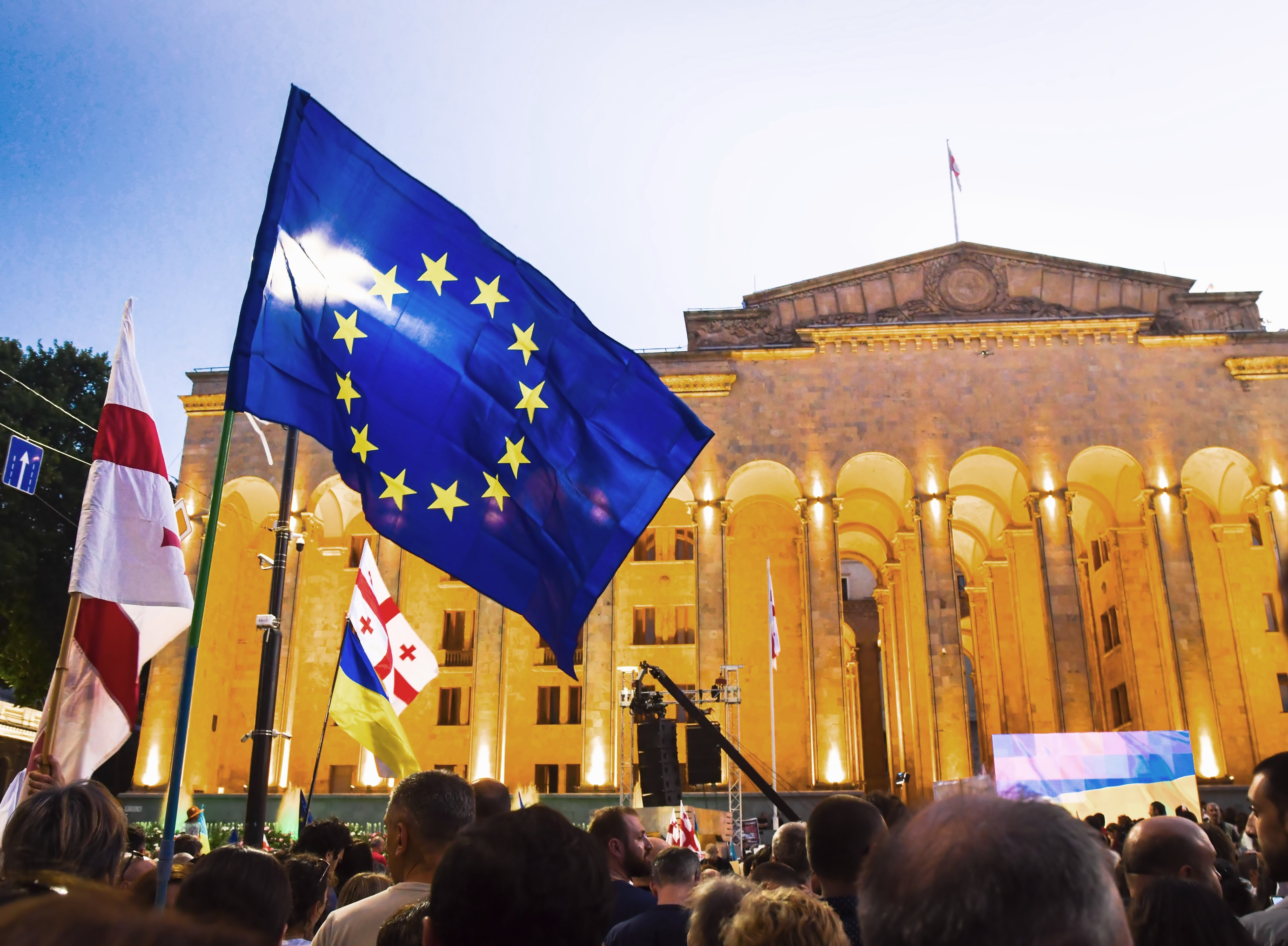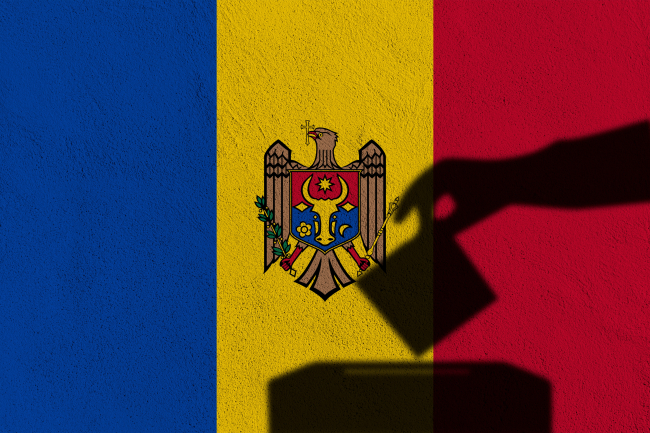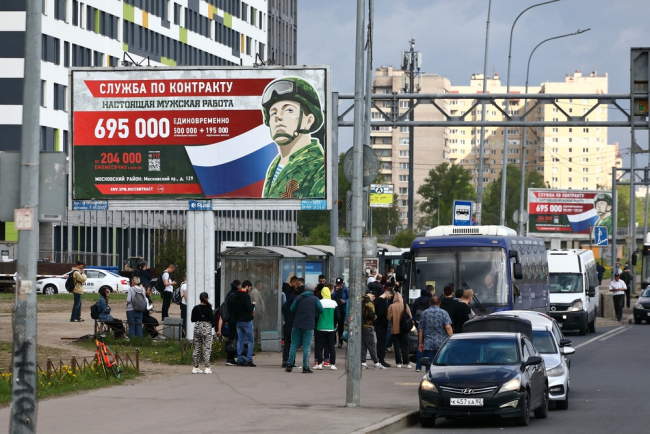Georgia: Another Russian Front

The end of 2023 is due to mark a turning point in Georgian history. In December, the European Council will decide whether to award the country European Union (EU) candidate status.

For the majority of Georgia’s 3.7 million citizens, this decision is extremely important, as 81 percent of them say that they want their country to join the EU. However, the government and the ruling party Georgian Dream, under the informal control of the oligarch Bidzina Ivanishvili, have consistently acted contrary to this deeply rooted popular desire since coming to power, taking a foreign policy approach, at least since 2021, that has undermined relationships with Western partners and brought the ex-Soviet republic back into Russia’s sphere of influence. After twenty years of pro-European policy, this divergence between Georgia’s rulers and its population has provoked a succession of political crises in the country over the last few years. Moscow is supporting this dramatic shift in Tbilisi’s strategic orientation and may even have initiated it. Numerous indicators show that in practice Russia, which waged war against Georgia in 2008, continues to regard its neighbor as another battlefield in its confrontation with the West. These developments in Georgian politics presage the emergence of major political and geopolitical tensions.
Régis Genté has been a journalist and specialist in the former Soviet bloc since 2002 and is based in Tbilisi (Georgia).
Download the full analysis
This page contains only a summary of our work. If you would like to have access to all the information from our research on the subject, you can download the full version in PDF format.
Georgia: Another Russian Front
Related centers and programs
Discover our other research centers and programsFind out more
Discover all our analyses
How the Russian Army Changed its Concept of War, 1993-2022
The traditional and high-intensity war that has occurred in Ukraine since Russia decided to invade raises a key issue: did post-soviet Russian strategic thought really prepare Russia for waging this war?
Russia's Nuclear Deterrence Put to the Test by the War in Ukraine
From the outset of its “special military operation” (SVO) against Ukraine on February 24, 2022, Russia, which possesses one of the world’s largest nuclear arsenals, has adopted aggressive deterrence measures and a resolutely menacing rhetorical stance.
Moldova's Crucial Parliamentary Election. What's at Stake?
On the occasion of Moldova’s National Day, August 27, 2025, Chișinău hosted a high-level European delegation composed of Emmanuel Macron, Friedrich Merz and Donald Tusk, who sought to reaffirm their support for the country’s sovereignty and pro-European course. This unprecedented and highly symbolic visit took place at a pivotal moment. Moldova is preparing for decisive parliamentary elections on September 28, whose stakes extend far beyond the national framework.
War as Social Elevator: The Socioeconomic Impact of Russian Military Keynesianism
In order to finance its war effort, the Russian state has spent substantial sums of money and implemented a form of “military Keynesianism” that is transforming society at both the socioeconomic and cultural levels. This has partially rebalanced the wide disparities in wealth, levels of consumption, and social prestige in Russian society by granting significant financial and symbolic advantages to peripheral Russia, which has long been overlooked by the central government.










